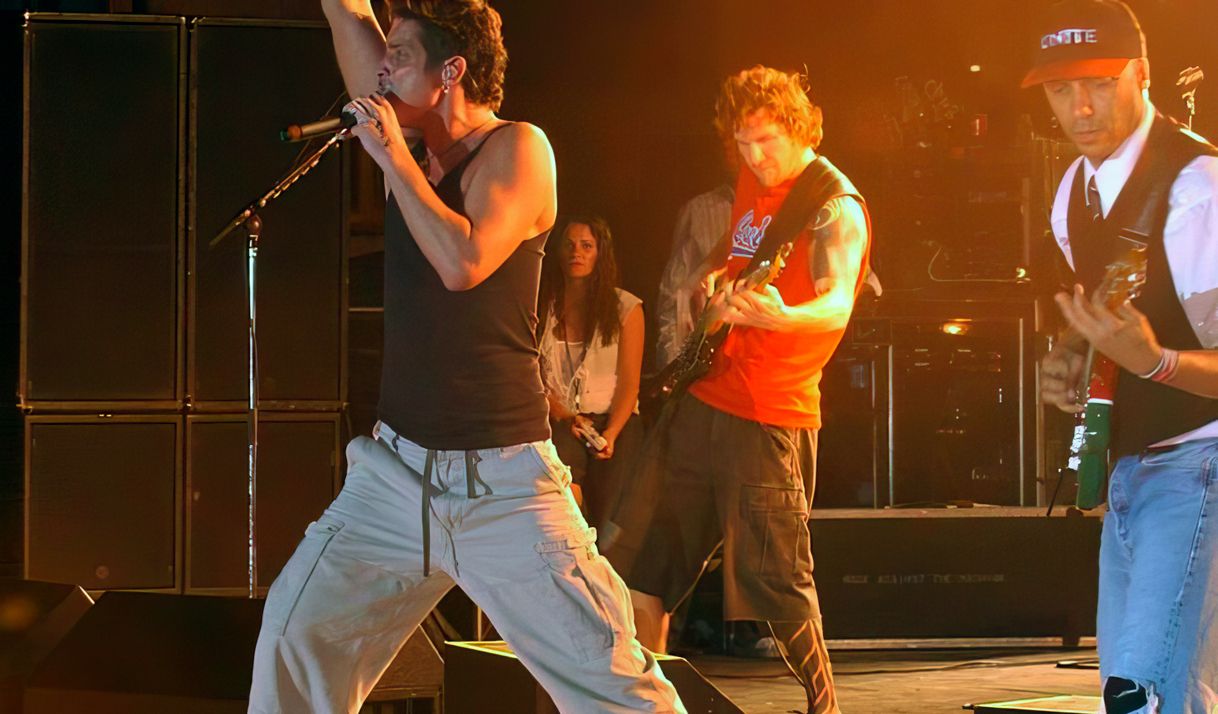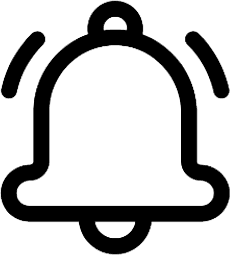Just over 18 years ago, on May 6, 2005, the US rock band Audioslave made history. They performed a free concert at the “Jose Marti” Anti-Imperialist Platform in Havana, in front of over 70,000 people. It was the first, and still remains, the only mass show by a US rock band in Cuba. The event became a cultural, social and political milestone that still echoes in collective memory.
The Beatles vs. the New Man
Censorship and marginalization spearheaded by the Cuban Government marked Cuban rock fans. Official discourse was always violent, alleging a kind of cultural penetration, capitalist influence, that didn’t agree with “the New Man”.
Listening to the Rolling Stones or The Beatles was a daring act in 1960s and 1970s Cuba. The few rock bands that existed in the country lacked spaces to perform or the means to promote their music. Being a rocker, having long hair or listening to “the enemy’s music” was disgraceful behavior and had nothing to do with the concept of the young Cuban revolutionary which was being promoted by the Government.
Lots of the people who spent time in forced labor camps, known as the Military Units to Aid Production (UMAP), were there because of these “aggravating circumstances”. We still remember the term “elvispresliano”, which Fidel Castro used in a derogatory and mocking way to refer to many of these young people.
In June 1961, the former Cuban president met with Cuban intellectuals at the Jose Marti National Library and talked about the need to see creation through the revolutionary lens and the revolutionary Government’s right to oversee radio stations that held so much influence over the Cuban people.
Basing their actions on this opinion, censors forgot The Beatles weren’t from the US, but were in fact English. They also ignored the fact The Beatles thought, in 1964, that Communism was going to win and that they dreamed of the great social reforms that the political system promised, just like many Cubans did.
Censorship, the sword of Damocles
Forms of censorship have changed over the years. In the late ‘70s and early ‘80s, bands were allowed to be formed or rehearse; nor were they repressed like they were in the early years of the Revolution. Spaces were even created to promote this genre of music on the island; although the Cuban Rock Agency came much later in 2007. New forms of censorship focused on giving very little or zero promotion to groups and to give bands a lot of bureaucratic redtape (delayed payments, unable to cash in a cheque before receiving a professional band certificate, rigorous procedures to get an endorsement). The Ministry of Cultre and music and performance-related institutions also gave artists from other more traditional or folkloric genres priority.
Zeus is one of the most important heavy metal bands in Cuba. The band has said that they would show up a lot of the time in places where they were scheduled to participate in a festival and no promotion had been done or fans only found out about the concert on the very same day.
This is still happening to lots of bands; especially heavy metal bands and other intense variations. Perhaps the harshest case of censorship has been what punk band Porno para Ricardo has suffered. Like the vast majority of punk bands in the world, their discourse is anti-establishment and their lyrics are cutting. The band has not only had zero promotion in the media, but they haven’t been free to play in public spaces either. Many of their rehearsals have been boycotted by the Police or by bandleader and singer Gorki Aguila’s neighbors.
The long-awaited day
Knowing the history of marginalization and censorship of rock on the island, when it was announced that Audioslave – a highly prestigious US band – would be coming to play a concert in Cuba for the first time, expectations were huge.
Getting the go-ahead for the performance was a tedious process. After many months of coordinating, the US Department of the Treasury and Cuba’s Ministry of Culture approved the performance.
Thousands of young people traveled from all over the island to the capital to see the event. Some camped outside the night before at the Antiimperialist bandstand, the iconic venue built by the Cuban Government to protest US policy.
The concert lasted two and a half hours. Music combined with the power and technique of Morello, bass player Tim Commerford and drummer Brad Wilk, with Cornell’s voice and sensibility. The lyrics spoke of war, social injustice, love and spirituality. They played a repertoire of 26 songs that included the band’s hits “Cochise”, “Like a Stone” or “Show Me How to Live”; as well as covers of classics by Rage Against the Machine (“Killing in the Name”, “Bulls on Parade”) and Soundgarden (“Black Hole Sun”, “Spoonman”). The band also played songs from their Out of Exile album, which still hadn’t been released on the international market.
The public’s response was euphoric. Concert-goers sang, jumped, made the famous mosh pit and sang chorus’ passionately. Lots of them carried flags from different countries, sweaters, signs with the Audioslave logo or with rock-related messages. Some went up to the stage to hug or kiss the musicians. Others cried out of happiness or disbelief. It was a collective catharsis that expressed a generation’s love for music and hunger for freedom.
In an interview with Diario de Cuba years after the event, Cornell said: “I especially think about British bands, Australian bands who have sold millions and millions of CDs and can afford to go and play for whoever they want. How come none of them have gone? Somehow, I thought that, just like we’d gone, in the most difficult way possible, others would have perhaps followed in our footsteps. I’m a little surprised that so much time passed before another band decided to go and play. I’m super happy The Rolling Stones are going to play a concert in Cuba.”
Political repercussions
Audioslave’s concert also had political repercussions. On the island, it was seen as a sign of opening and Fidel Castro’s Government’s tolerance, which was still dealing with the economic and social crisis left by the Soviet Union’s collapse, known as the Special Period.
However, the concert also sparked criticism and controversy among different sectors of Cuban society. Some accused the Government of using Audioslave as a propaganda tool to improve their international image and to distract the population from domestic problems. Others questioned the band’s consistency, as they were known for their critical stance on capitalism and imperialism, but had accepted to play in a country where human rights were being violated and breakaway groups were being repressed.
Outside of Cuba, the concert also triggered mixed reactions, although different media outlets and celebrities applauded Audioslave’s gesture as an act of bravery and solidarity, which proved that music could be a bridge to eliminate differences.
More than a concert
Despite the controversy, it was a unique event that managed to open up a space for rock and its fans on the island. The concert also propelled the explosion and development of local bands who were inspired by Audioslave to create their own music. It was a precedent for other international artists to come and visit Cuba, such as Manu Chao in 2008, the Peace without Borders concert (which famous foreign artists attended) in 2009, Calle 13 in 2010, The Dead Daisies in 2015 and The Rolling Stones in 2016.
Audioslave’s concert was a way to reclaim the value of rock as a legitimate and diverse music genre. It proved music’s power to unite people beyond their political and cultural differences. It was also a blow to censorship and the bad reputation that had been given to rock by the Cuban Government for decades.
This article was translated into English from the original in Spanish.











comments
We moderate comments on this site. If you want to know more details, read our Privacy Policy
Your email address will not be published. Mandatory fields are marked with *